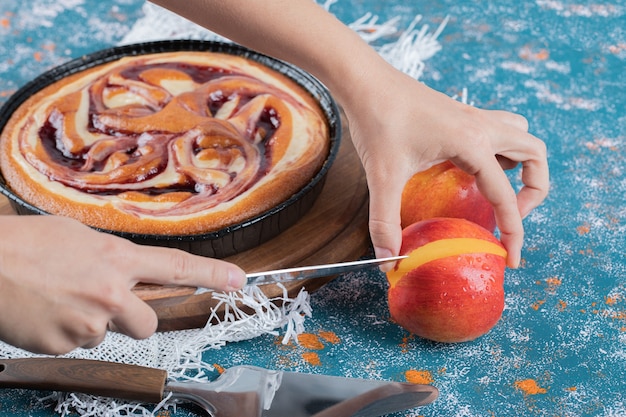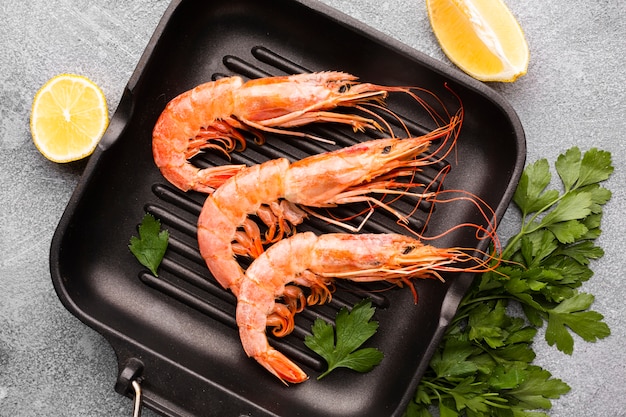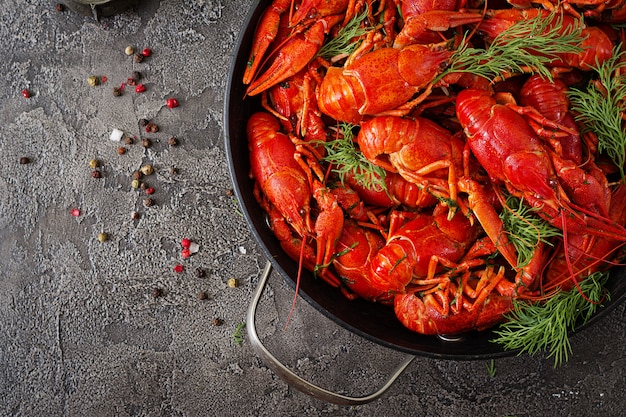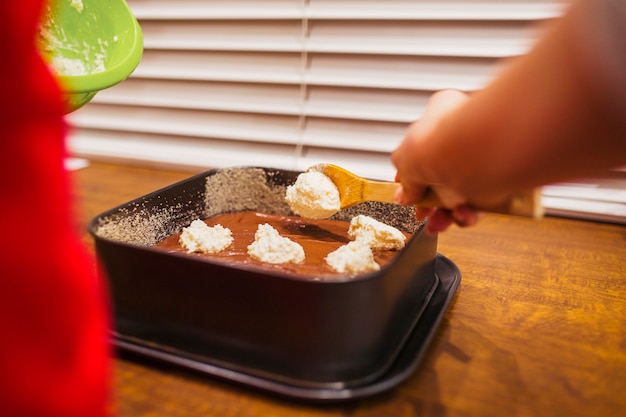Part 1: Choosing Your Lobster

1. Size Matters:
The size of your lobster determines the amount of meat you'll get and the cooking time. A general rule of thumb is that a 1-1.5lb lobster is ideal for a single serving, while a 2lb lobster comfortably serves two. For larger gatherings, a 3lb or larger lobster might be the way to go. Personally, I find lobsters around 1.5lb to be perfect – just the right size for a satisfying meal without being overwhelming.
2. The live lobster:
For the most incredible flavour, you want a live lobster. Look for one that’s lively, moving its claws and antennae, and boasts a shiny, dark shell. Avoid lobsters that are sluggish, have a dull shell, or emit an unpleasant odour. Trust me, a smelly lobster on your plate is a culinary nightmare!
3. Male or Female?
This is a debate amongst lobster enthusiasts. Some swear by male lobsters for their size and thicker claws, while others prefer the delicate sweetness of female lobsters. Honestly, the difference in flavour is subtle. It comes down to personal preference.
Part 2: Prepping Your Lobster

1. The Band:
Your lobster will likely arrive with a rubber band around its claws. This band is meant to prevent pinching – while I've never been personally pinched by a lobster (knock on wood!), it's best to err on the side of caution. Remove the band before cooking.
2. The Rinse:
Give your lobster a thorough rinse under cold running water. This removes any dirt or debris and ensures the flesh is clean.
3. The Clean-up:
Clean the underside of the lobster, removing any sand or dirt that might be hiding there. You can use a small brush if you prefer, but I usually just use my hands and a bit of cold water.
Part 3: Cooking Your Lobster

1. Steaming:
Steaming is a classic method that produces a delicate, slightly sweet flavour and preserves the lobster's natural moisture. Here's my go-to steaming technique:
Steaming Instructions:
- Fill a large pot with about 2 inches of water.
- Add a few tablespoons of salt and a few bay leaves to the water for a touch of flavour.
- Bring the water to a rolling boil over high heat.
- Place a steamer basket inside the pot, ensuring it’s big enough for your lobster.
- Carefully place the lobster in the steamer basket.
- Cover the pot tightly with a lid.
- Reduce the heat to medium-high and steam for 10-15 minutes, or until the lobster is cooked through.
2. Boiling:
Boiling is another simple and effective method. It's a bit more robust than steaming, resulting in a bolder flavour.
Boiling Instructions:
- Fill a large pot with enough water to completely cover the lobster.
- Add a few tablespoons of salt and a few bay leaves to the water for a touch of flavour.
- Bring the water to a rolling boil over high heat.
- Carefully place the lobster in the boiling water.
- Return the water to a boil.
- Cook for 10-15 minutes, or until the lobster is cooked through.
3. Grilling:
Grilling adds a smoky dimension to the lobster's flavour, resulting in a beautiful char on the exterior.
Grilling Instructions:
- Preheat your grill to medium-high heat.
- Split the lobster in half lengthwise.
- Brush the lobster with melted butter and season with salt and pepper.
- Place the lobster halves on the grill, cut side down.
- Grill for 5-7 minutes per side, or until the lobster is cooked through and the flesh is opaque.
4. Baking:
Baking offers a more controlled, less messy method for cooking lobster.
Baking Instructions:
- Preheat your oven to 400°F (200°C).
- Place the lobster on a baking sheet lined with parchment paper.
- Brush the lobster with melted butter and season with salt and pepper.
- Bake for 15-20 minutes, or until the lobster is cooked through and the flesh is opaque.
Part 4: Checking for Doneness
Knowing when your lobster is cooked to perfection is crucial. Here's how to check:1. The Meat:
The flesh of a cooked lobster will be opaque, firm to the touch, and a light pink colour. If it's still translucent, it needs more cooking time.
2. The Shell:
The shell of a cooked lobster will be bright red and easily peelable.
3. The Antennas:
If the lobster's antennas are flexible and bend easily, it's not fully cooked. If they snap easily, it's cooked through.
Part 5: Serving Your Lobster
Your lobster is cooked, and now it's time to enjoy! Here are a few tips:1. Cracking Open the Claws:
Use a lobster cracker to crack open the claws. If you don't have a cracker, a heavy knife can do the trick.
2. Enjoy the Meat:
The lobster meat is best enjoyed warm and fresh. You can eat it with your fingers or use a fork and knife.
3. The Butter:
Nothing beats dipping lobster in melted butter. For extra flavour, try adding a squeeze of lemon juice or a sprinkle of parsley.
Part 6: lobster recipes
Now that you know how to cook lobster, it's time to experiment with different recipes. Here are a few ideas:1. lobster thermidor:
This classic French dish features lobster meat nestled in a creamy sauce of cheese, egg yolks, and sherry. It's a decadent and delicious way to elevate your lobster experience.
2. lobster bisque:
This rich and creamy soup is made with lobster stock, cream, and tender lobster meat. It's a comforting and satisfying dish, perfect for a chilly evening.
3. lobster mac and cheese:
This gourmet twist on the classic mac and cheese features chunks of succulent lobster meat for a luxurious and flavorful dish.
4. Lobster Salad:
A light and refreshing salad made with lobster meat, mayonnaise, celery, and lemon juice. It's a perfect summer dish, especially when paired with a chilled glass of white wine.
Part 7: Leftover Lobster
Don't be discouraged by leftovers! They're a fantastic opportunity to create new dishes:1. lobster rolls:
A classic New England treat, this dish features tender lobster meat tossed with mayonnaise and lettuce, served on a toasted hot dog bun. It's a delicious and easy way to use up leftovers.
2. Lobster Pasta:
Add leftover lobster meat to your favourite pasta dish for a flavourful and luxurious upgrade.
3. Lobster Salad Sandwiches:
Create delicious and easy sandwiches using leftover lobster meat. For extra flavour, try adding a slice of avocado or a sprinkle of herbs.
4. Lobster Pizza:
Top your favourite pizza dough with leftover lobster meat, cheese, and a drizzle of olive oil for a unique and delicious pizza.
Part 8: Storage and Freezing
If you have leftover lobster, it can be stored in the refrigerator for up to 3 days. To freeze lobster, place it in an airtight container or freezer bag and freeze for up to 3 months.Part 9: FAQs
Let's address some common questions about lobster:1. What is the best way to cook a lobster?
The best way to cook a lobster is the one you enjoy the most. However, steaming and boiling are the most common and traditional methods.
2. How long does it take to cook a lobster?
The cooking time depends on the lobster's size and the cooking method. A 1-1.5lb lobster typically takes 10-15 minutes to cook.
3. What happens if I overcook a lobster?
Overcooked lobster will be tough and rubbery. It's best to err on the side of undercooking rather than overcooking.
4. What are some good side dishes for lobster?
Classic side dishes for lobster include steamed vegetables, corn on the cob, rice pilaf, and potato salad.
5. Where can I buy a lobster?
You can find lobsters at most seafood markets and grocery stores. Some restaurants also sell lobsters to take home.
Part 10: Enjoy Your Lobster Feast!
There you have it – a comprehensive guide to creating the perfect lobster feast. I hope you found this guide helpful and inspiring. Now, go forth and enjoy a delicious and unforgettable lobster experience!Everyone is watching

How to Cook Frozen Lobster Tails Perfectly: A Step-by-Step Guide
RecipesLobster. Just the word conjures up images of lavish meals, special occasions, and a taste of luxury. But let's...

Pork Fillet Cooking Time: How Long to Cook It Perfectly
RecipesPork fillet, or tenderloin as it's sometimes called, is a real favourite in our house. It's so versatile, and...

Pigs in a Blanket Cooking Time: How Long to Bake for Perfect Results
RecipesAh, pigs in a blanket. Just the name conjures up images of those delightful little parcels of crispy pastry en...

The Ultimate Guide to Cooking Delicious Frankfurters
RecipesLet's face it, we all love a good frankfurter. It's a classic, simple, and always satisfying. But let's be rea...

Wolf Meat Recipes: A Guide to Cooking Wild Game
RecipesLet's be honest, you don't see wolf meat at your local butcher shop every day. It's a bit of a wild card, but ...
